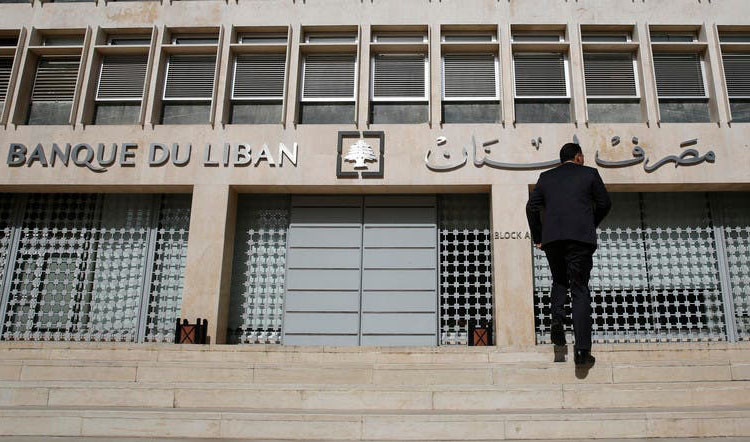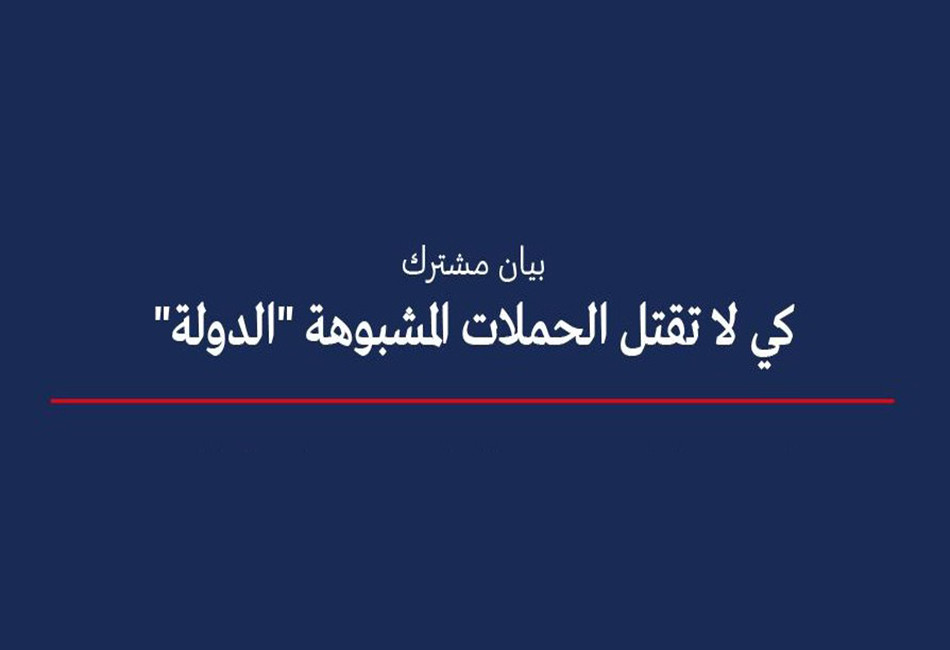A merit-based process for regulatory appointments offers a unique opportunity to restore and consolidate trust in Lebanon’s monetary and financial system
In the next few days, the Lebanese government needs to fill 14 key official positions within the monetary and financial sector regulatory authorities. These nominations are critical given the unfolding economic and financial crisis, which will require an overhaul of Lebanon’s monetary policy framework, a major restructuring of the banking sector which has become both illiquid and insolvent, and vital negotiations with international financial institutions and creditors on debt restructuring.
Kulluna Irada considers these collective vacancies as an opportunity for the government to both showcase its claimed independence from the influence of the political establishment and take the necessary actions to reform the Lebanese economic and financial model.
The government has a moral duty and a national responsibility to ensure that individuals of exceptional leadership, competence, integrity and experience are nominated in those positions. Their appointment should also follow an irreproachable recruitment process based on meritocracy, transparency and independence from political and banking sector interference.
The imperative of credibility and trust requires exceptional leadership and good governance.
The Lebanese government is faced in the coming days with the decision to fill vacancies in the following positions:
- Four Vice-Governors at the Central Bank (BDL): Vice Governors play a key role in formulating monetary, credit, and banking related policies and managing the foreign currency international reserves of the country, with the objective of maintaining price stability and preserving the soundness of the banking and financial system. They are also responsible for managing different functions within the institution. The terms of the four current vice governors expired in March of 2019, with replacements yet to be named, thus leaving us in an illegal situation of vacuum for almost a year.
- Five members of the Banking Control Commission of Lebanon (BCCL): The BCCL is an independent supervisory institution that oversees banks and financial and exchange institutions. It plays a crucial role in ensuring compliance to laws and regulations, evaluating soundness of financial entities, and imposing corrective measures when necessary. The terms of the five members are due to expire by the end of March.
- Three Executive Board members of the Capital Markets Authority (CMA): The CMA is an independent regulatory body that supervises, regulates, and monitors the activities of the Lebanese capital markets. The terms of three board members are due to expire soon, with replacements needing to be named.
- The Government Commissioner at BDL: The government commissioner is responsible, as per articles 42-45 of the Code of Money and Credit for the proper implementation of this law, for supervising the BDL's accounts and for ensuring regulatory decisions are observed. The term of the BDL government commissioner has also expired, with a replacement yet to be named.
- The Director General of the Ministry of Economy: This Director General is a member of the BDL board, which sets key monetary and credit policies of the country. With the current DG set to retire by April, a replacement ought to be recruited soon using the competitive recruitment process for Grade 1 civil servants formerly proposed by the Minister of State for Administrative Reform, which has however yet to be passed into law.
Appointments should be transparent, transformative, and free of any political involvement and interference.
Kulluna Irada hereby:
- Condemns attempts to interfere in these appointments. Any appointment should be done independently of any undue political and sectarian interferences, conflict of interest or banking industry pressures, as this would be a blatant insistence on preserving the untenable status quo and further eroding the credibility of the monetary and regulatory authorities in charge of the sector.
- Guards against any term extensions for the outgoing officials in those positions, and considers it a determinant factor in eroding the credibility of the monetary and regulatory authorities in Lebanon.
- Urges the Lebanese government not to miss the opportunity presented by these vacancies to appoint a team of highly skilled transformative leaders with extensive local and international experience in macro-financial sector policies, and give them full endorsement to ensure proper oversight and regulatory decision-making and to operate the immediately needed measures and reforms.
- Reaffirms that the appointment to all these 14 positions must be made through an open, transparent, merit-based application process based on competencies framework for each position, published selection criteria, and reference checks. All selected individuals must subsequently declare their wealth and be subjected to fully auditable statements.
These appointments are only a first step.
Following these appointments, Kulluna Irada also emphasizes:
- The importance of considering regulatory and legal reforms to the governance of Lebanon’s monetary and financial regulatory system in such a way that allows for total independence between different regulatory branches, as they have different and sometimes conflicted missions.
- A system of checks and balances inside each branch should be firmly established through proper governance and fair process decision making. Regulatory bodies must be shielded from political influence and/or lobbying by the banks they are tasked to regulate and supervise. The reform should also allow holding regulatory authorities’ members to account if they fail at their functions and duties.




